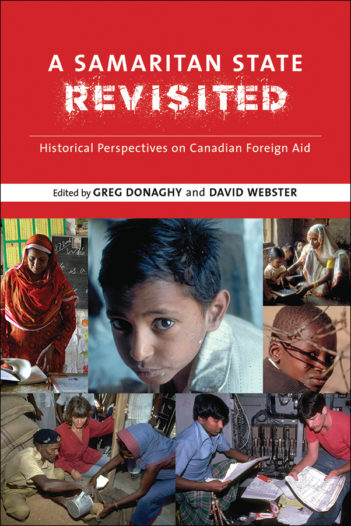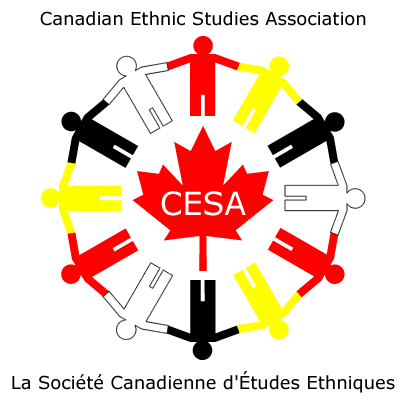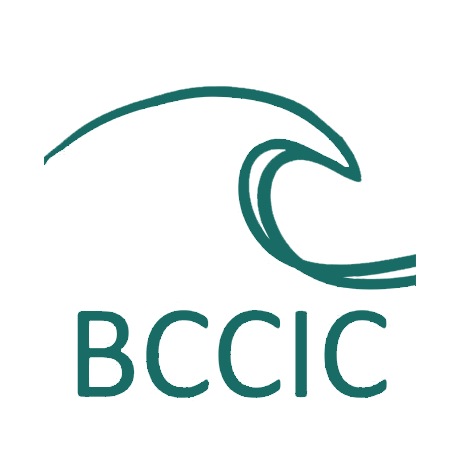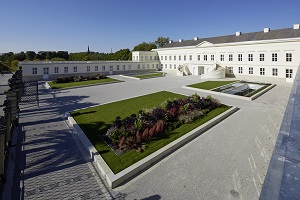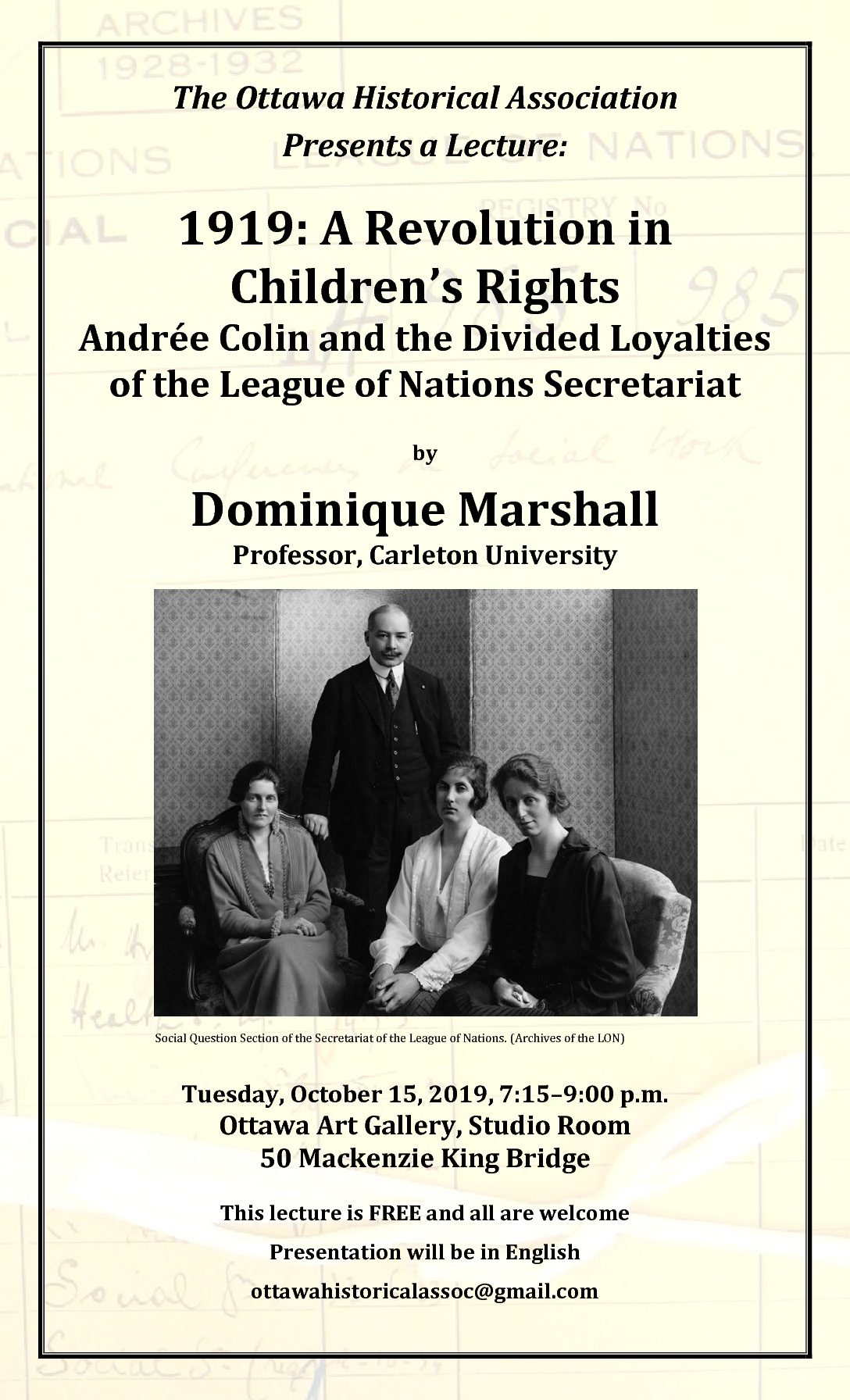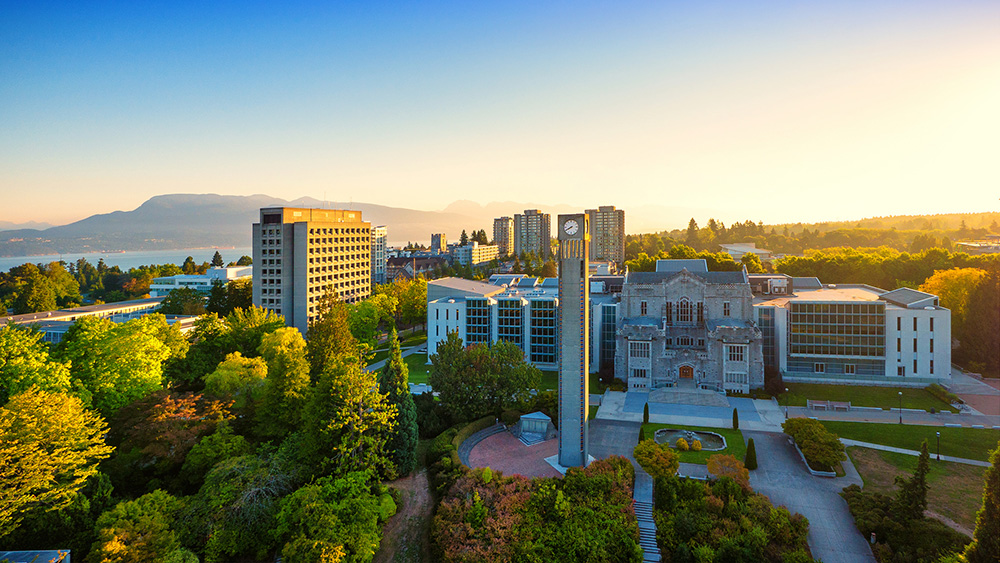Immigration Politics, Refugee Crises, and Ethnic Dynamics in the Turbulent 2010s: Canada and Beyond.
Deadline EXTENDED: 24 February 2020.
The Canadian Ethnic Studies Association (CESA) invites panel and/or paper proposals for its upcoming 26th conference on the theme of “Immigration Politics, Refugee Crises, and Ethnic Dynamics in the Turbulent 2010s: Canada and Beyond”. The 2010s was a decade in which the issues of immigration policy, border security, rising ethnic tensions, new and ongoing regional and national political conflicts, multiple displacements and escalating refugee crises dominated the news in many different countries – from the United States and Canada in North America to the UK, Germany, Italy, Spain and Greece in Europe, and to China, Australia, Myanmar, and New Zealand in East Asia and Oceania. This dominance was so pronounced that the immigration/ethnic issues became one of the paramount forces in determining the political directions and election results in different countries; they also led to the rise of a new right-wing populist discourse as well as new and old uncertainties about the meaning and possibility of citizenship, identity / sense of belonging, freedom, human rights, and justice. Meanwhile, despite the conservative and exclusionary politics in various western countries, citizens’ groups and solidarity movements have emerged or strengthened existing voices that support inclusion and integration of migrants and refugees. Finally, this decade also witnessed technological advancements, which not only changed state organization, the economy and the social world that we live in, but also shifted the methodological landscape, pushing the research frontier in immigration and ethnic studies.
This conference provides a forum to discuss a wide range of issues related to immigration and ethnic dynamics during this turbulent decade, and to offer perspectives for the future. The participants are invited to address any aspect of this changing landscape, including (but not limited to):
- The place of Canada in the global migration scene
- The global impact of Canadian immigration policies and practices
- The treatment of immigrants and refugees; promises and limitations of Canada’s immigration policy
- Regional particularisms in immigration policies
- Multiculturalism: policy, practice, evidence; and benefits, limitations, challenges
- Ethnic diversity and cultural vitality
- Implications of the changing global landscape on Canada’s immigration and multiculturalism policies
- Immigration discourse at a time of rising populism
- The interplay of international migration trends and ethno-cultural and religious communities in Canada
- The experiences of particular immigrant and newcomer communities
- Indigenous populations and relations with immigrants and newcomers
- Immigration and the smaller cities and rural areas
- The roles, contributions, and challenges of immigration/settlement agencies
- Immigrant and refugee youth: health, education and integration issues
- Immigrant and refugee seniors
- Migration and gender-based violence
- Refugees: trauma, survival and integration
- Big data and big ideas in immigration and ethnic studies
CESA invites theoretical and empirically-based contributions, individual papers and/or fully formed panels, standard papers or presentations in other formats (e.g., posters, roundtables, films), and all the above from a variety of disciplinary or interdisciplinary perspectives.
The venue for the 26th Canadian Ethnic Studies Association’s conference will be Saint Mary’s University, located in the historic port city of Halifax, Nova Scotia, a vibrant, urban community of over 400,000 people. Halifax is Atlantic Canada’s major educational centre and home to five universities, with a long history of immigration, settlement and diversity. Saint Mary’s University is located in Mi’kma’ki, the ancenstral and unceded territory of the Mi’kmaq.
Who Should Attend?
In addition to members of the Canadian Ethnic Studies Association, the conference will be relevant to a wide range of people interested in history, ethnicity, race, immigration and citizenship issues in Canada and internationally. University professors, graduate students, other researchers and teachers; policymakers and civil servants from all levels of government; those who work in various non-governmental organizations, as well as those involved as frontline workers delivering various kinds of social services – all of these will find that this conference offers them worthwhile information, challenging critical perspectives, and an opportunity to network and discuss important issues with people from across the country and from a variety of academic disciplines and institutional perspectives.
Proposals.
Conference organizers welcome proposals for papers, panels, roundtables, posters and video presentations that address any of the related topics. Organizers invite submissions from a variety of perspectives, academic disciplines, and areas of study.The deadline for submission of proposals for papers, sessions, panels, roundtables, and poster presentations is February 15th, 2020 February 24, 2020. The decisions on the submitted proposals will be communicated by March 30th, 2020.
All abstracts should be no longer than 250 words and will be refereed by the CESA Program Committee. Individual conference presentations will normally be 20 minutes in length, and conference sessions will be 90 minutes. Abstracts should be directed electronically to: cesa2020@smu.ca
See the complete CfP, including the French version, here.


